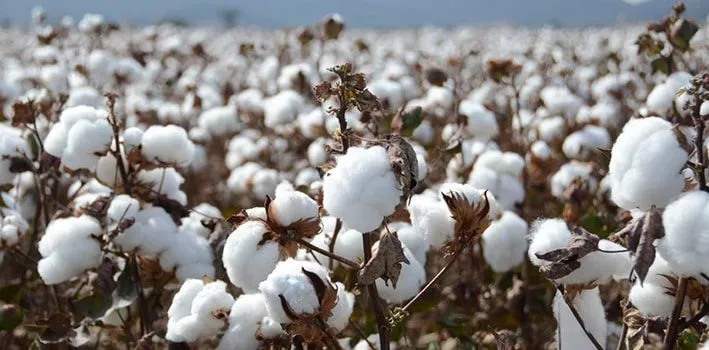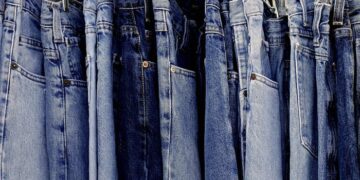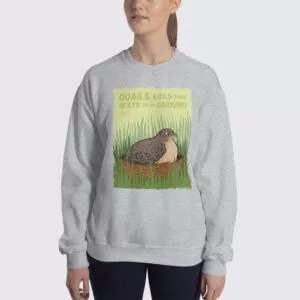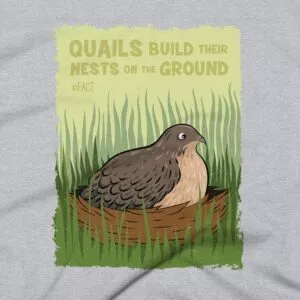Have you ever wondered where the cotton in your clothing comes from?
When thinking of organic products, most people’s mind goes to the products in their kitchen or the ingredients in their new skincare products.
The fabric in one’s favorite T-shirt is often not the first thought but it is just as important to consider what you are putting on your body along with what you are putting in it.
Organic cotton is cotton grown without harmful chemicals and genetically modified seeds. Seems simple, but non-organic cotton is what the larger majority of cotton clothing is made from.
Genetically modified cotton makes up 90% of cotton today on the market.
Non-organic cotton includes these harmful pesticides not found when grown organically and are not grown from natural cotton seed.
In the US alone, herbicides were being used on 92% of planted acres of cotton in 2015.
What are the damages of non-organic cotton?
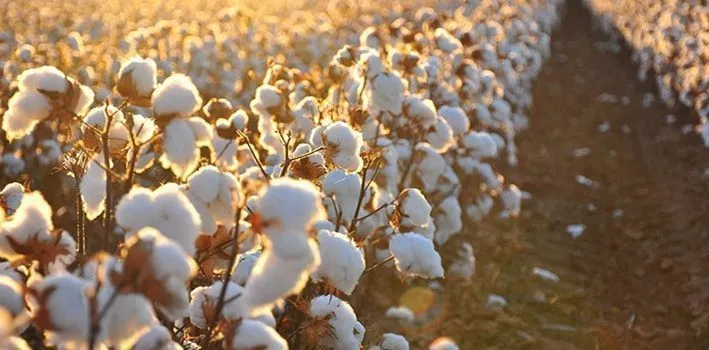
Cotton is one of the most widely grown crops in the world, yet the EPA classifies many of the chemicals used to grow non-organic cotton as some of the most harmful available on the market.
These pesticides do beyond just harm the environment they are gown in but also have been found to cause cancer in the cotton farming communities.
This has resulted in thousands of farmers’ deaths from the constant exposure and significantly higher rates of cancer within cotton farming areas.
The largest impact is found in developing countries but reports of these are found all over the world.
Psychological damages.

The damage of genetically modified cotton goes beyond just the physical impact of its environment and the farmers but also affects them psychologically.
In India, cotton farmer suicides have hit over 270,000 since 1995.
There has been a strong connection between these deaths linked to the rising prices of genetically modified cotton seeds which have made it difficult for many farmers to keep their farms running.
The rising prices of these seeds have caused many farmers to go into debt.
95% of the cotton that was grown in India in 2014 was genetically modified causing it to be a highly competitive market.
Farmers use these seeds to repel pests such as the bollworm which can be destructive to the cotton plants.
Seeds genetically modified to repel these often cost four times what a traditional cotton seed would cost and requires alternative irrigation and watering beyond just rainwater.
It is not just in the pesticide use that going organic makes an impact. A cotton t-shirt uses 2,700 liters of water, but 80% of organic cotton is grown using rained water.
Why are pesticides used?
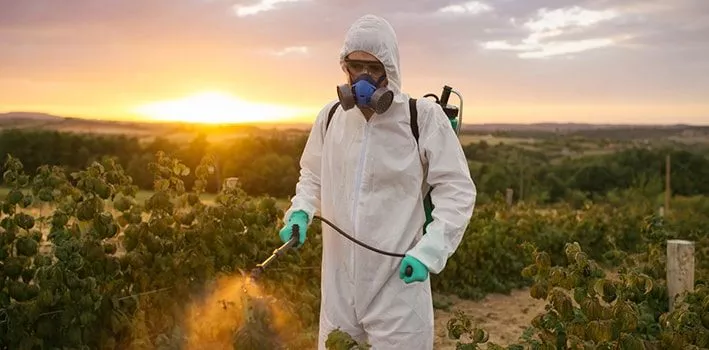
18% of pesticides used in the world are used on cotton plants with the purpose of keeping the pests away.
This allows for a smaller amount of plants damaged by pests and creates larger yields for farmers resulting in more profit.
Alternatives to pesticides.
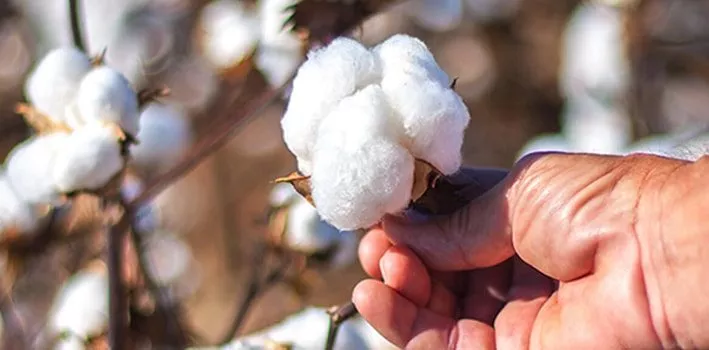
Some alternatives to airborne pesticides have been introduced such as genetically modifying the seeds to repel the insects.
This is still not considered organic as the pesticides are still present but come from within the seed rather than traditionally sprayed in the air.
Organic alternatives to using pesticides to rid of pests include cleaning equipment after fieldwork, searching for weeds within the crops, and using plant varieties that are not attractive to certain pests that pose a threat.
More and more organic cotton is becoming available on the market as consumer awareness increases making it easier for everyone to support the growth of organic cotton and do their part in keeping up the health of our earth and farmers.
